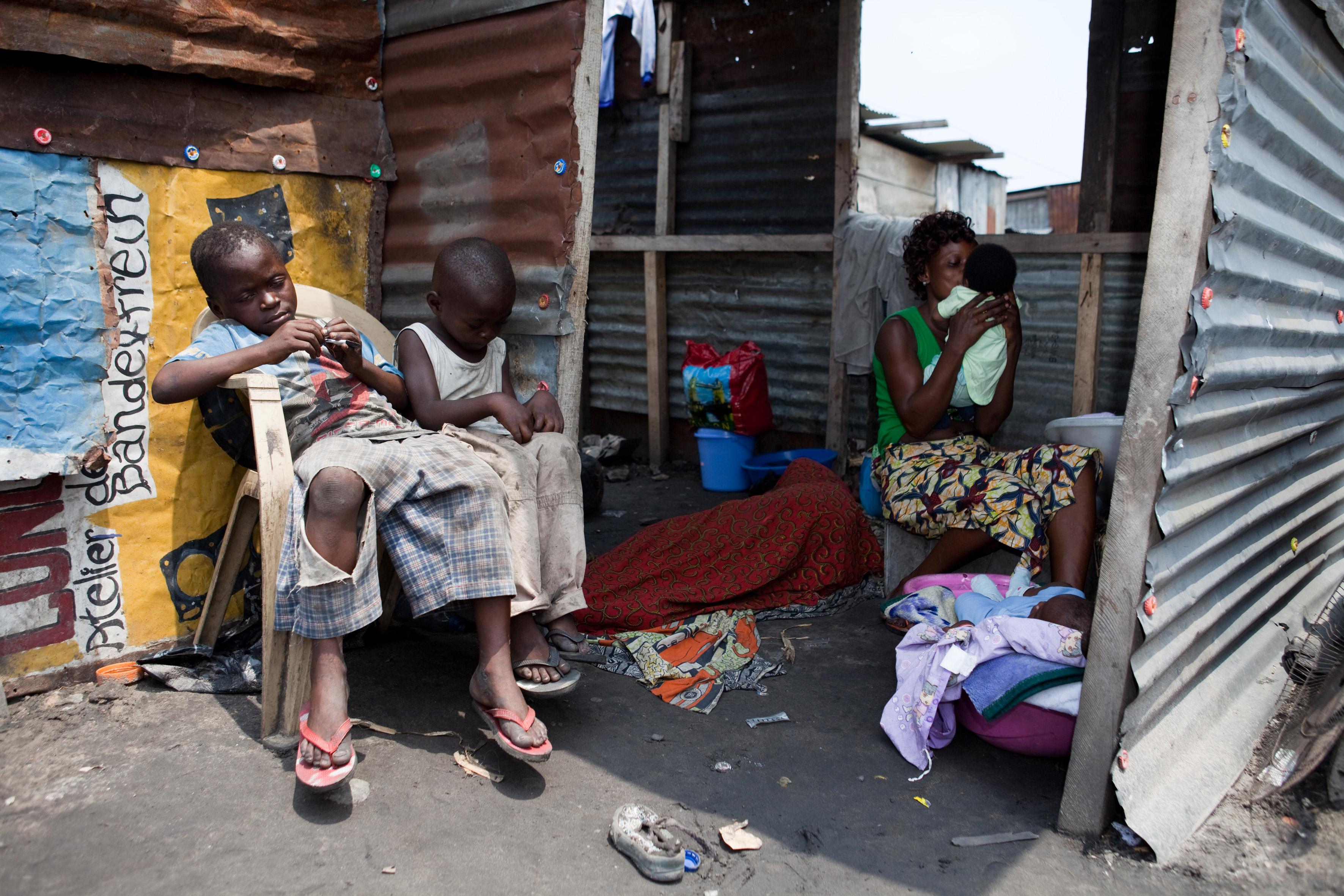A new paper by Harvard economist Edward Glaeser documents a peculiar and relatively recent phenomenon: countries that become more urbanized without necessarily getting richer:
[U]rbanization is also occurring in countries like Bangladesh and Kenya, where per capita incomes have increased by less than $250 over the past 50 years. Despite stagnant incomes, urbanization has increased from five to 28 percent in Bangladesh and from seven percent to 24 percent in Kenya. Also remarkably, the urbanization of these poorer places has been particularly centered on a dominant primate city. Three million people inhabit the Nairobi agglomeration and Dhaka is home to 15 million inhabitants.
Generally speaking, there’s still a robust relationship between urbanization and economic growth, but poor urbanized countries are no longer exceptional. In 1960 there were only two countries—Egypt and Nicaragua—with per-capita incomes under $1,250 in current dollars and urbanization rates over one-third. Today there are 15, including places like the Democratic Republic of the Congo, Zimbabwe, and Mali.
Glaeser attributes the rise of poor megacities cities like Kinshasa, Democratic Republic of Congo, or Karachi, Pakistan, to global trade.* Once, countries needed to be agriculturally productive and have strong infrastructure to support major cities, but today, as he puts it, “globalization means that Port-Au-Prince can be fed with imported American rice.”
Poor cities inevitably face serious problems involving public health, crime, overtaxed infrastructure, and poor governance, and the bigger these cities get without corresponding increases in wealth, the more acute the problems are likely to become. Nevertheless, the author of a popular book called Triumph of the City remains basically optimistic, arguing that “the process of urbanization itself is the most likely path towards the prosperity and institutional strength that will eventually lead to more livable cities.”
*Correction, Jan. 9, 2013: This psot originally misspelled Karachi.
